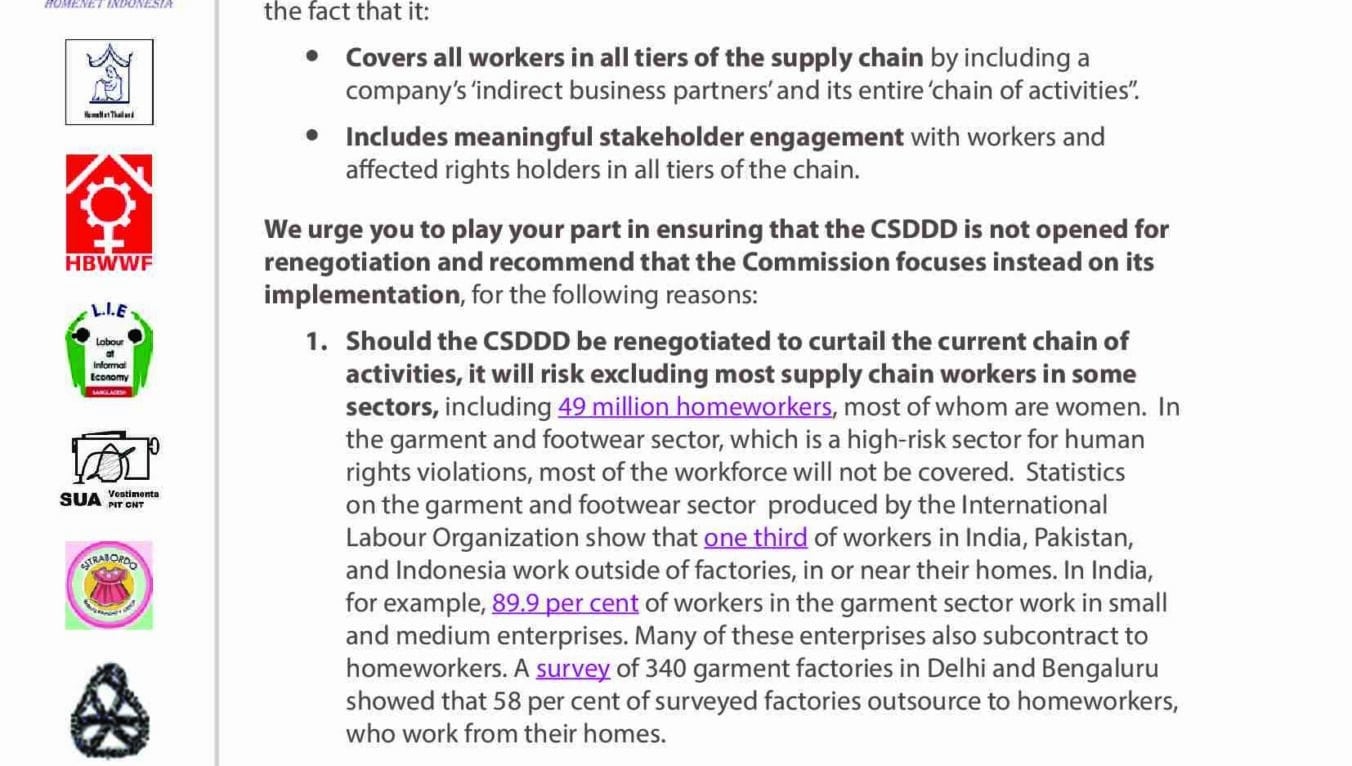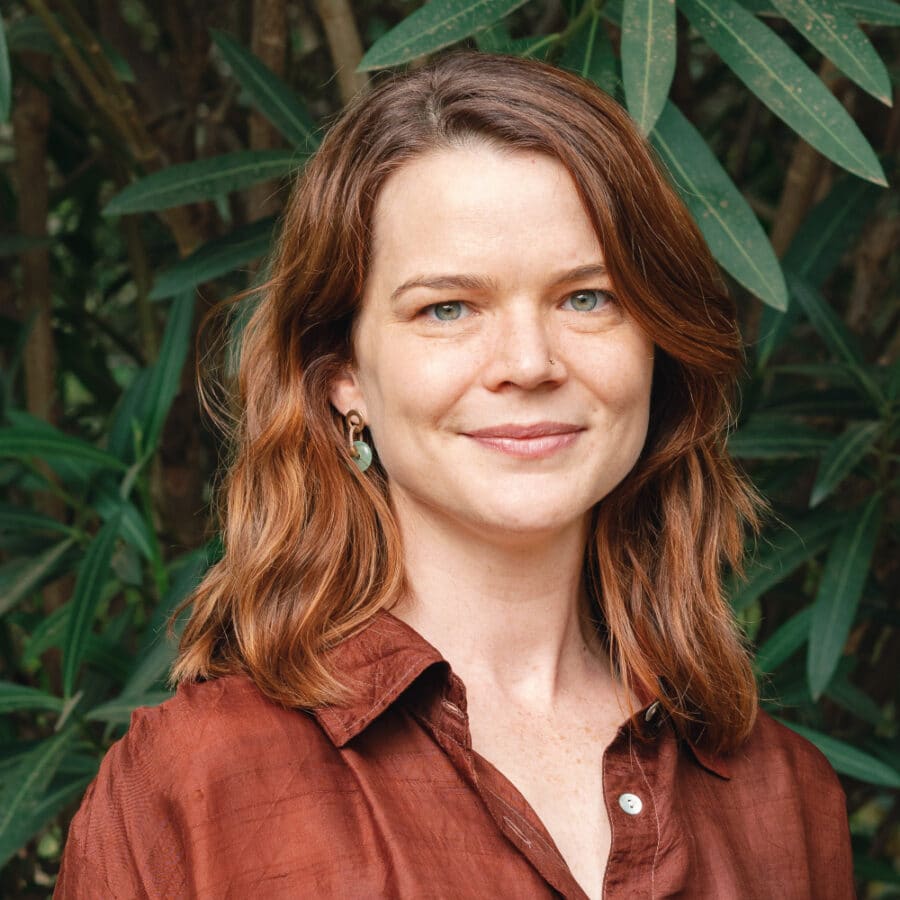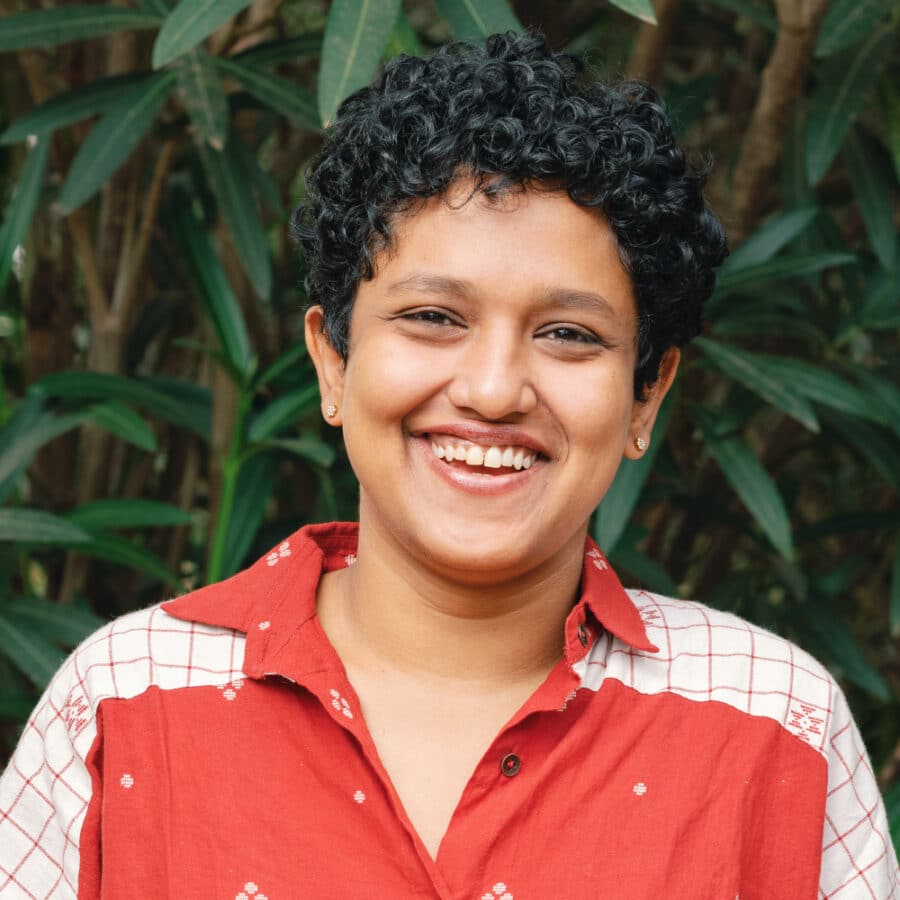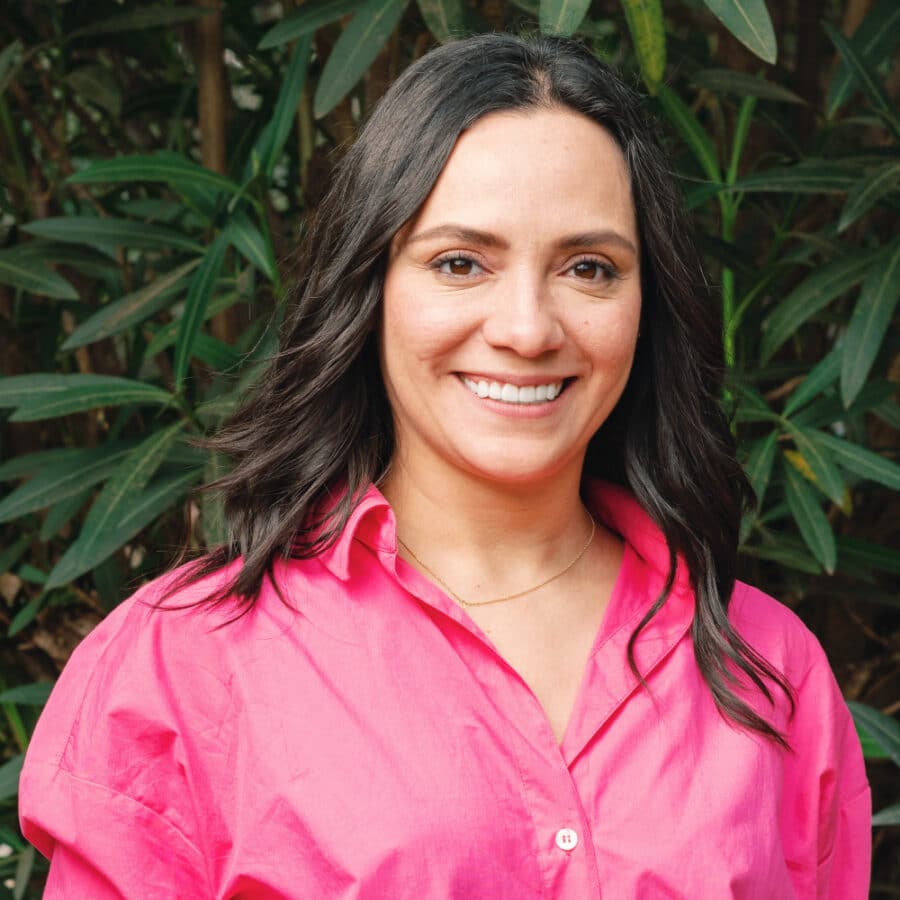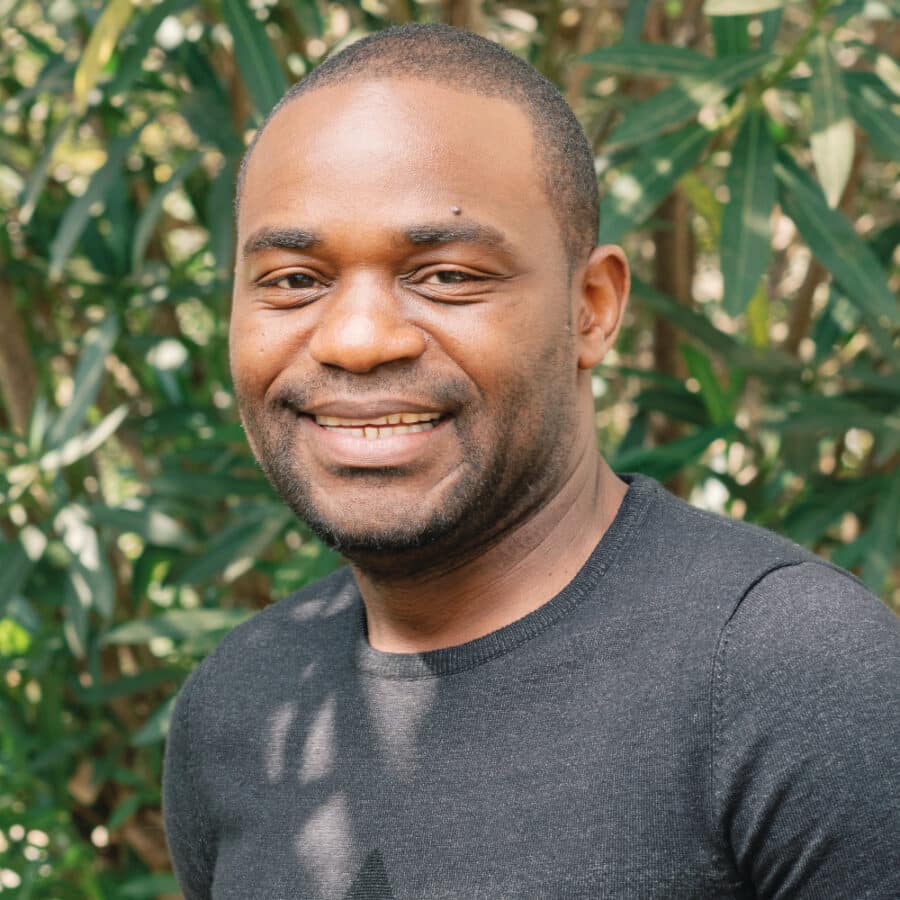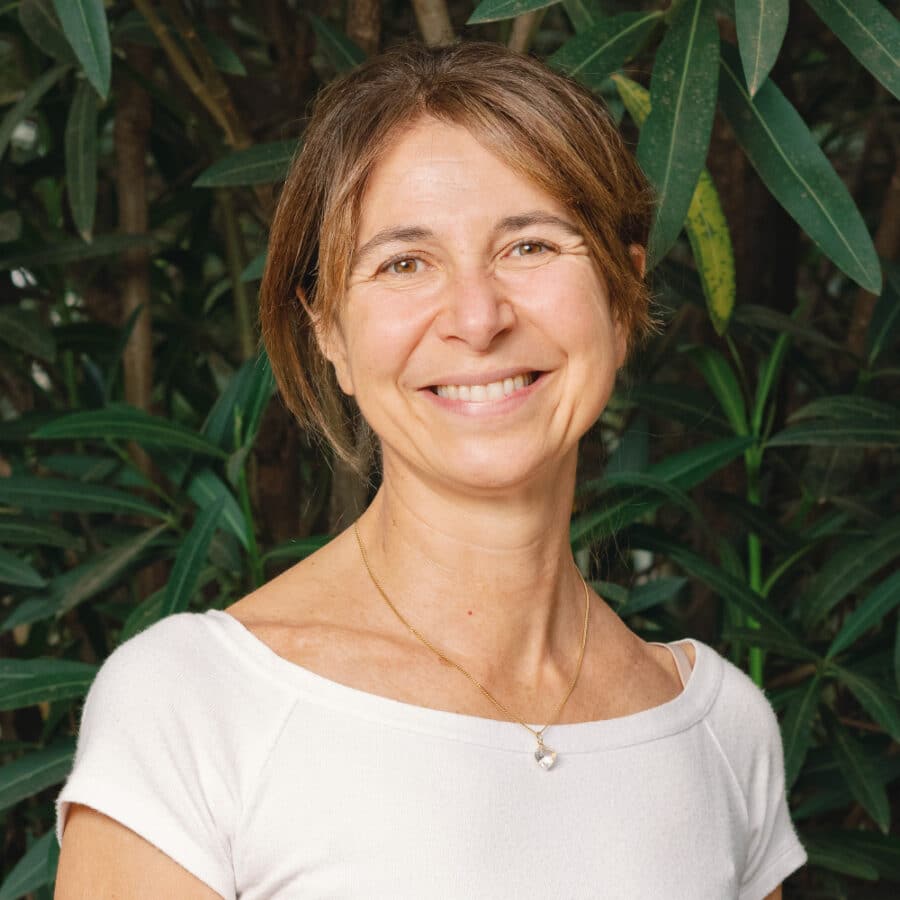Intro to the ProgrammeA complex mix of legislation regulates the activities of workers in informal employment. Often, it is punitive, compromising livelihoods and violating human rights. At the same time, these workers are excluded from regulatory frameworks recognizing their labour rights. But laws are not static; changing them is a key way workers build institutional power.
Since its establishment in 2015, the Law Programme has supported workers in informal employment and their organizations to know, use and shape the law, to claim their rights and secure their livelihoods.
It grew out of a nine-year global project on Law and the Informal Economy, which WIEGO instituted in 2006. The project deepened our understanding of how legislation – or its absence – affects workers in informal employment, as well as how women worker leaders engage in legal advocacy. After pilots in India and Colombia, the project involved organizations of women workers in Ghana, Peru, Thailand, India and South Africa.
Recognizing that law reform and political struggle are inseparable, our approach to legal advocacy is grounded in the principles of solidarity, legal empowerment and responsiveness to the political economy of the different contexts we work in. We carry out our work alongside international networks of workers in informal employment and their affiliates.
